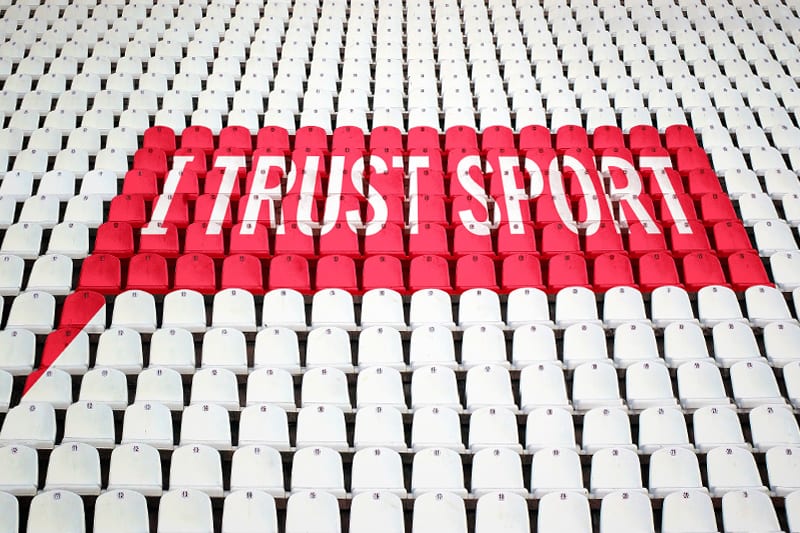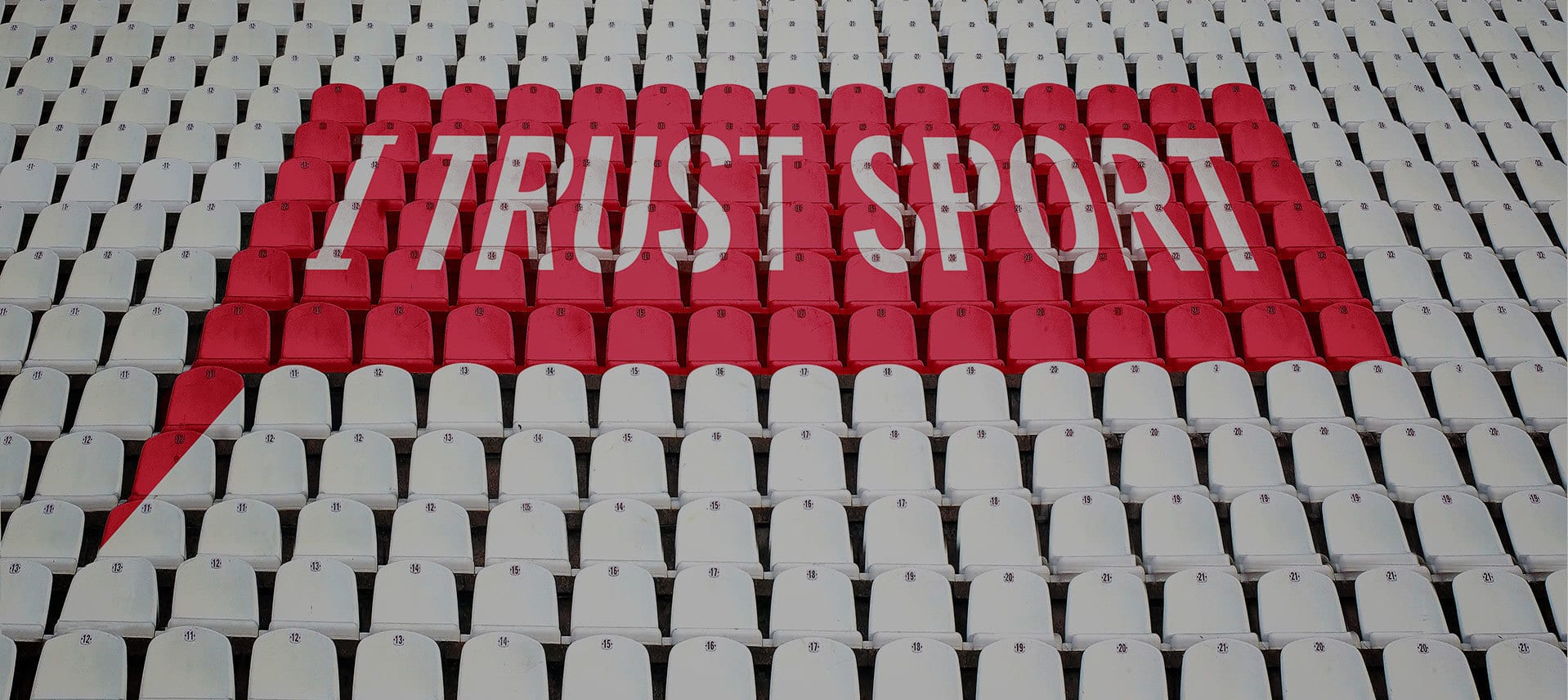Spare a thought for Sir Philip Craven, President of the International Paralympic Committee (IPC), who will preside over the Sochi 2014 Paralympic Winter Games from 7 to 16 March. In the midst of a serious political crisis, it will be exceedingly hard to focus on elite sporting competition. However, I suspect that the Paralympic Movement might just emerge stronger at the end.
While the Olympic Winter Games in Sochi were highly successful from an operational perspective, the emergency in Ukraine in recent days has complicated the situation considerably. At the time of writing on 6 March, it is not clear whether the Ukrainian team will participate but other nations’ athletes are expected to compete as planned. The impact is greater at diplomatic level as senior delegates from a number of countries including the UK, USA, Sweden, the Netherlands and Norway will not be travelling.
One lesson learned in recent decades is that sporting boycotts hurt athletes but have little political effect unless they are universally observed (as happened with South Africa). There have been few high profile calls for boycotts in this case and widespread withdrawals seem unlikely.
The IPC is a victim of circumstance and must deal with the situation in which it finds itself. There will be awkward moments for even the most politically neutral (or oblivious): President Putin is expected to attend the Opening Ceremony plus other events, and the sledge hockey competition features USA v Russia on 11 March. The situation in Ukraine is developing fast and worrying or even disastrous news cannot be ruled out. It also remains to be seen how Paralympic Games broadcasters will cover the stories. Reporters on the ground in Sochi are more likely to focus on the sport but studios in their home countries may feel less constrained to comment on the broader political context.
And what of the athletes themselves? It is a cliché but Paralympic athletes have already overcome at least one major challenge in their lives. Having prepared for years for this moment, they want to show the world what they can do. Many winter sports are fast and inherently dangerous – an Australian athlete, Matthew Robinson, tragically died after a racing accident last month – so athletes cannot allow themselves to be distracted as they train and compete in Sochi.
Nevertheless, with several hundred athletes from over 40 countries together in one place for nearly two weeks, it wouldn’t be a surprise to see some carefully judged responses to the Ukraine crisis, particularly once athletes have finished their events.
The IPC faces a very difficult test of both diplomatic and operational capability. But if the elite sport at the Sochi 2014 Paralympic Winter Games inspires and excites audiences as it should, and if the event maintains a level of dignity which I believe it can, then this might just prove to be one of the most significant episodes in the history of Paralympic sport.


